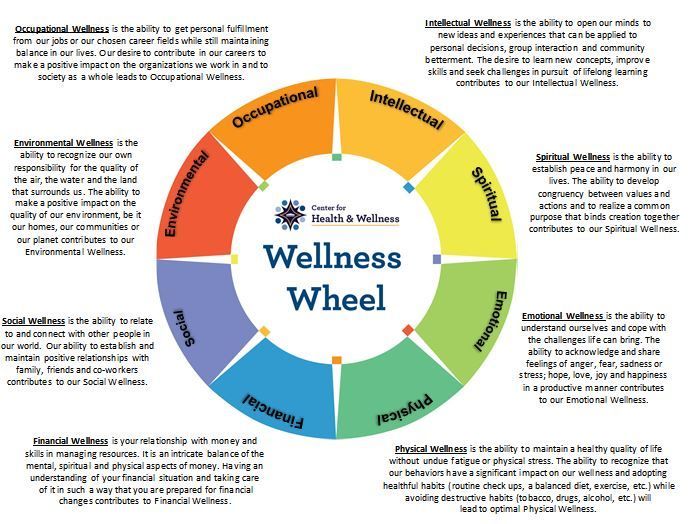Our modern society places a great emphasis on productivity, often at the expense of our mental wellness. With busy schedules, demanding workloads, and the constant need to do more, it’s important to find a balance between being productive and taking care of our mental health. By prioritizing both productivity and mental wellness, we can achieve a more sustainable and fulfilling lifestyle.
The Importance of Productivity
Productivity is often associated with success and accomplishment. When we are productive, we feel a sense of achievement and progress in our personal and professional lives. It allows us to meet deadlines, complete tasks efficiently, and reach our goals. However, an excessive focus on productivity without considering our mental well-being can lead to burnout, stress, and diminished overall satisfaction.
The Impact of Mental Wellness
Mental wellness refers to our emotional, psychological, and social well-being. It affects how we think, feel, and act, and contributes to our overall quality of life. Taking care of our mental health is crucial for maintaining a balanced and fulfilling life. It enhances our ability to cope with stress, build positive relationships, and achieve a sense of purpose and happiness.
The Perils of Overworking
In our society, overworking is often glorified as a sign of dedication and success. However, constantly pushing ourselves to the limit can have detrimental effects on our mental well-being. Overworking can lead to chronic stress, exhaustion, and a decreased ability to focus. It can also negatively impact our relationships, as we may neglect important social connections in favor of work. It is essential to prioritize our mental health and recognize when we need to take breaks or seek support.
Strategies for Balancing Productivity and Mental Wellness
1. Set realistic goals: Instead of overwhelming yourself with an extensive to-do list, prioritize tasks and set achievable goals. This will help you maintain a sense of accomplishment without feeling overwhelmed.
2. Practice self-care: Make time for activities that promote relaxation and rejuvenation. Engage in hobbies, exercise regularly, practice mindfulness, or spend quality time with loved ones. Taking care of yourself will replenish your energy and improve your overall well-being.
3. Establish boundaries: Set clear boundaries between work and personal life. Avoid checking emails or engaging in work-related activities during your downtime. It is crucial to give yourself permission to disconnect and recharge.
4. Delegate tasks: Don’t be afraid to ask for help or delegate tasks when necessary. Trying to do everything on your own can be overwhelming and contribute to increased stress. Sharing responsibilities will allow you to focus on what truly matters.
5. Seek support: If you are feeling overwhelmed or experiencing prolonged stress, don’t hesitate to seek support from friends, family, or mental health professionals. They can provide valuable advice, guidance, and a listening ear.
Conclusion
It’s important to remember that productivity and mental wellness go hand in hand. By finding a balance between being productive and taking care of our mental health, we can lead more fulfilling and sustainable lives. Prioritizing self-care, setting realistic goals, establishing boundaries, delegating tasks, and seeking support are all strategies that can help us maintain this delicate balance. Let’s strive for both productivity and mental well-being to create a healthier and happier life.

